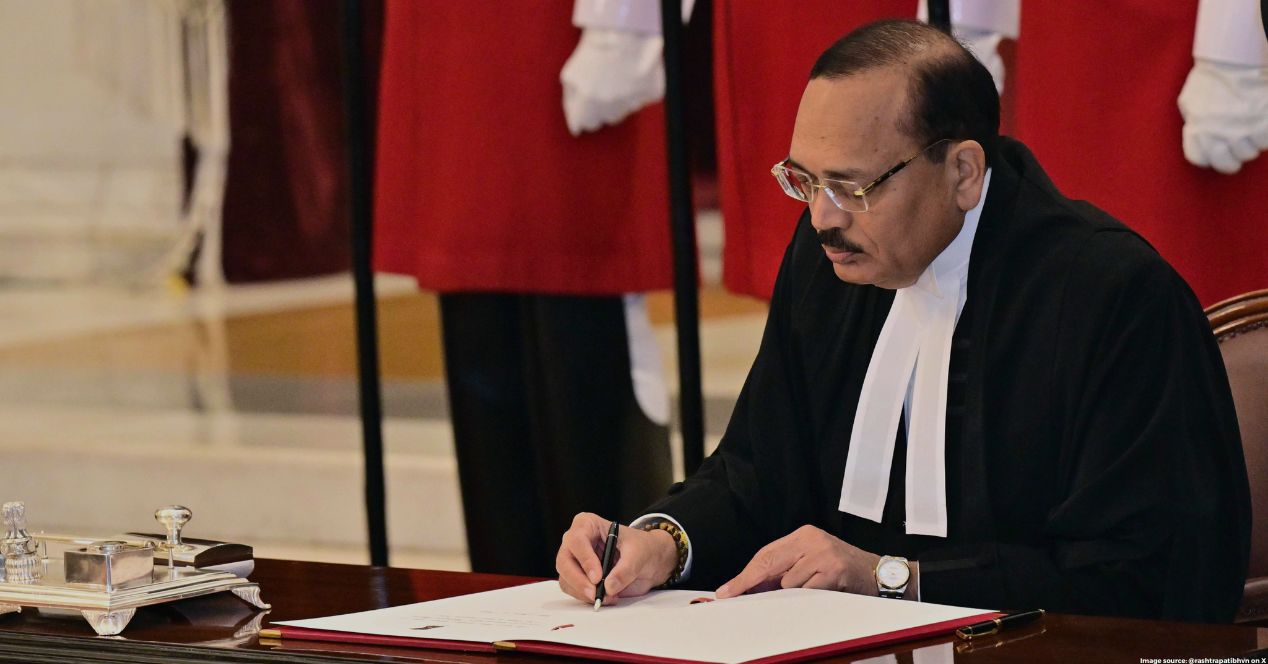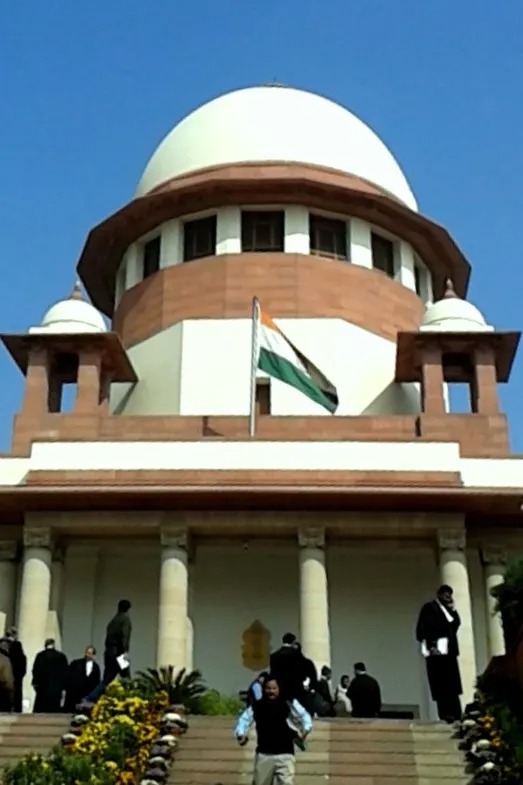P. Subramonian Pott, Ag. C.J.
1. The appellant before us is the petitioner in the petition before the learned single judge, whose judgment is under appeal. The right to collect and remove the residual tree growth in Block No. III at Adirappilly in Kalady Range was auctioned. The petitioner participated in the auction deposited an amount of Rs. 7,700/- on 23-10-1968 towards part of the bid amount. He did not deposit, the balance 2/3 of the amount of auction, Rs. 23,000/-. According to him he did not do so because the auction notification had not properly described the extent of growth which had to be removed. The Government re-auctioned the right and as a consequence of the bid in reauction being for'' a lesser sum Government seeks to recover Rs. 13,664.16 as loss to Government and that by invoking the Revenue Recovery Act. It is this attempt at Revenue Recovery that is challenged in the Original Petition. The learned Judge dismissed the Original Petition merely referring to the decision of a Division Bench of this Court reported in Bhaskaran Nair v. State of Kerala (1980 KLT 462) and observing that for the reasons stated in that case this petition has to be dismissed. A person who bids in auction may not execute an agreement and for that reason it may be said that the State, who is the other party to the agreement, cannot enforce its claims as against the defaulting bidder. In the case of the State a formal contract in terms of Article 299 of the Constitution of India is necessary to validate the agreement. Such a plea was made in the case before the Division Bench to which advertance has been made by the learned single Judge, namely Bhaskaran Nair v. State of Kerala (1980 KLT 462). The provisions of the statute may provide for recovery of amounts found due irrespective of there being any formal contract. Such is the provision in Section 79 of the Kerala Forest Act adverted to by the Division Bench. No doubt recovery was permissible under that Section.
2. But an entirely different contention may be raised. The question would be whether the damage calls for assessment before it could be said to / be due. There may be breach of contract and may be an injured party is entitled to claim damages on that amount. But the quantum of damages calls for determination. That is so even when liquidated damages is stipulated in the contract. As pointed out by this court in the decision in Parameswaran Pillai v. Krishna Pillai (1979 KLT 53) there is no distinction in this country between liquidated damages and unliquidated damages and therefore even when the parties to a contract agree upon and specify the sum of damages in the event of breach the court may be called upon to consider the reasonableness of the quantum. If the parties stipulate as damages what may amount to penalty the statute relieves the contracting party from the obligation to pay such penalty. We are only indicating that the determination of quantum of damages is not avoided even in a case of specification of liquidated damages. In case the contract conceives of determination otherwise than through a civil suit such as arbitration, that may be the mode of determination. Normally the civil court will have to determine whether any damages is due and if so what the quantum is. Only on such determination of the amount it could be said to be due and then the Revenue Recovery Act can be put into action. Enforcement by resort to the Revenue Recovery Act when there is no amount due is not permissible. Amount would not be due merely because of breach. Breach gives rise to a right to sue. When that right is exercised and as a consequence it is found on adjudication that amount is due, that would be recoverable. This aspect the learned single judge has not considered though it is seen urged before him and it is seen raised under ground No. 2. In these circumstances we think the demand under Revenue Recovery Act cannot succeed. The proceedings for recovery will stand quashed. We may also refer to the decision reported in Vidhyadharan v. State of Kerala (1980 KLT 421), where our learned brother Vadakkel, J. has taken the same view.
In this view we hold that the Revenue Recovery proceedings stand quashed. This will not ''preclude the Government from seeking an adjudication before the appropriate forum for the amount, if any, due to the State. The Writ. Appeal is allowed as above. No costs.

